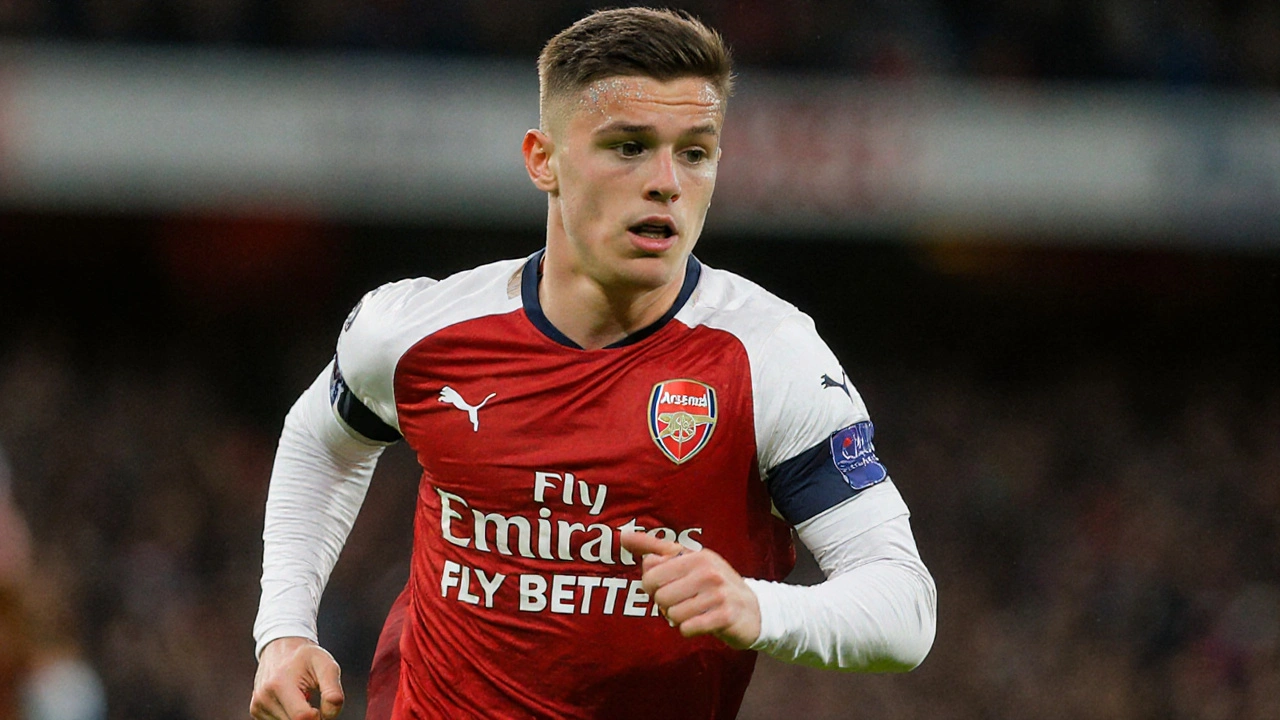Brain Injury: What You Need to Know Right Now
Brain injuries affect millions of South Africans every year, yet many people still mix up the terms concussion, contusion and bleed. Understanding the basics can save a life and speed up recovery. Below we break down the most common facts, warning signs and steps you can take if you or a loved one suffers a head injury.
What exactly is a brain injury?
A brain injury happens when something hits the skull hard enough to disrupt normal brain function. It can be closed – like a fall that knocks you out – or open, where a piece of bone or an object pierces the skull. The injury can be mild (often called a concussion) or severe, leading to long‑term disability.
Most mild injuries resolve with rest, but even a small bump can cause headaches, dizziness, or memory problems that linger. Severe injuries may cause bleeding, swelling, or loss of consciousness for minutes or longer. In South Africa, road accidents, sports collisions and violent assaults are the leading causes.
How to spot a brain injury and act fast
Missing the signs can turn a treatable condition into a medical emergency. Keep an eye out for these red flags:
- Loss of consciousness, even for a few seconds
- Severe headache that won’t go away
- Repeated vomiting or nausea
- Confusion, slurred speech, or trouble walking
- Weakness or numbness in any part of the body
- Changes in behavior or personality
If you notice any of these, call emergency services (10111) right away. While waiting for help, keep the person still, do not give them food or drink, and monitor breathing.
For milder symptoms like a brief daze or light headache, still see a doctor within 24‑48 hours. A professional can run a CT scan or MRI to rule out hidden bleeding. Early diagnosis is the key to a smoother recovery.
Steps to support recovery at home
Once a doctor clears you, the real work begins. Here are practical tips you can follow:
- Rest your brain. Limit screen time, reading and loud environments for the first few days.
- Sleep well. Aim for 8‑10 hours a night; sleep helps the brain heal.
- Stay hydrated. Dehydration can worsen headaches and fatigue.
- Gradual activity. Start with short walks, then slowly add light chores. Avoid contact sports until cleared.
- Nutrition. Foods rich in omega‑3s, antioxidants and protein support brain cells.
- Follow‑up appointments. Keep all scheduled visits; doctors may adjust treatment based on progress.
Many South Africans find support groups useful. Sharing experiences with others who’ve been through a concussion or severe injury can reduce anxiety and give practical advice on returning to work or school.
Where to get help in South Africa
Public hospitals in major cities have neurosurgery units, and some private clinics specialize in sports‑related brain injuries. organisations such as the South African Sports Medicine Association (SASMA) offer resources and referrals. If cost is a concern, look for community health centres; they often provide basic imaging and follow‑up care at reduced fees.
Remember, a brain injury is not something you can ignore. Prompt action, proper medical assessment, and a disciplined recovery plan can make the difference between a quick bounce‑back and long‑term impairment. Stay aware, keep the information handy, and don’t hesitate to reach out for professional help when you need it.

Billy Vigar's Tragic Death Highlights Football Safety Gaps
Former Arsenal academy striker Billy Vigar died at 21 after a brain injury caused by a collision with a concrete wall during an Isthmian League match. The incident has sent shockwaves through English football, prompting tributes, club statements, and renewed safety debates. Vigar's career path, the medical response, and the community's reaction are examined in detail.